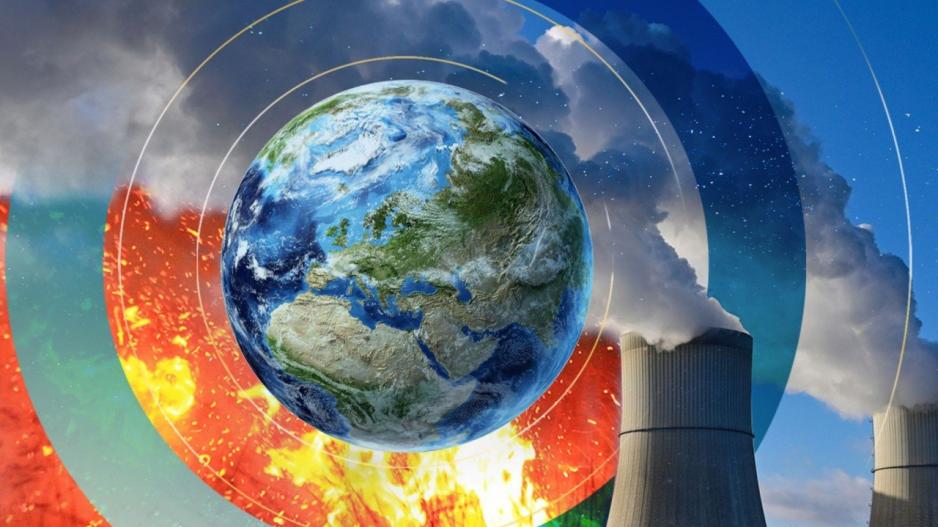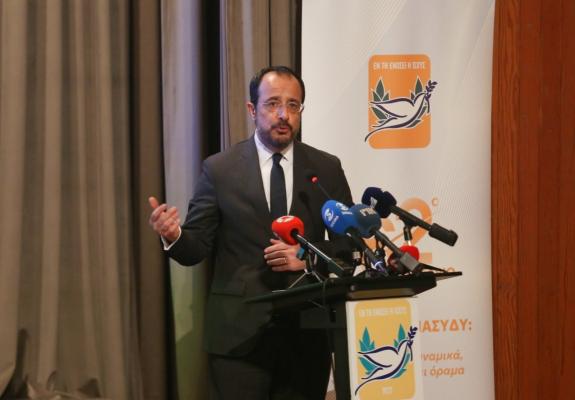Greenhouse Emissions Trading System: Revenues from Emissions Auctions Surpass One Billion
Government Emission Auction Revenues Between 2021 and 2030 Are Estimated at Over a Billion Euros.
The government's revenues from emissions auctions between 2021 and 2030 are estimated to exceed one billion euros, according to data from the Ministry of Agriculture, Rural Development, and Environment.
These revenues are deposited into the General Fund of the Republic of Cyprus after auctions, from industries like brick factories, electricity production units, cement factories, and air transport. These industries, when exceeding permitted greenhouse gas emissions, must purchase emissions allowances. The cost is then passed on to consumers.
The money reaches the state through annual auctions of the rights, conducted via the Cyprus Stock Exchange. The exchange was compensated 2.5 million euros over eight years for its role as the auctioneer. The Cyprus Stock Exchange handles these auctions based on agreements with the Ministry of Agriculture for auctioning the determined quantity of rights.
Between 2012 and 2020, Cyprus auctioned a total of 6,201,500 rights, of which 5,621,500 pertained to ten installations—three energy production units of the Cyprus Electricity Authority (EAC), one cement production facility, and six ceramic/brick manufacturing plants. The remaining 580,000 rights were related to air transport. Total revenue for the 2013-2021 period amounted to 177,274,202 euros.
The EAC bears the lion's share of the costs, estimating that its emissions in 2024 will reach 3.1 million tonnes. With a predicted average price of 88.4 euros per tonne, the amount is expected to reach 270 million euros. Between 2017 and 2023, the EAC's emissions rights purchase costs amounted to 900 million euros.
According to Cypriot law, all revenues from emissions rights auctions are deposited into the General Fund of the Republic and must be used for various projects and actions. These include measures for adapting to the impacts of climate change, funding research and development in energy efficiency and clean technologies, and promoting the development of renewable energy sources.
It's worth noting that the cost of purchasing rights increases annually due to the rising price of emissions rights and the reduction in free rights allocations.
A previous report from the Audit Office highlighted that the majority of greenhouse gas emissions from facilities participating in the Greenhouse Gas Emissions Trading System (ETS) originate from electricity production using conventional fuels, accounting for approximately 70% of the state's total emissions.
Since 2013, electricity production facilities no longer receive free rights allocations. However, Cyprus secured an exemption allowing the EAC to receive partial free allocations from 2013 to 2019, with the amount gradually decreasing to zero by 2020.
According to available data obtained by the Audit Office from the EAC, during the period 2017 to October 2022, a total of 569,581,932 euros was paid for emissions rights, a cost borne by consumers.
According to EU data, the Emissions Trading System (ETS) is a key tool for reducing greenhouse gas emissions, operating on the principle of "polluter pays."
The allocation of emissions rights is carried out by the European Commission to member states, which then distribute them to businesses and installations. At the end of each year, companies must return the rights corresponding to their emissions. Businesses that manage to keep their emissions below their allocated rights can sell their surplus rights. Conversely, companies struggling to maintain emissions within their rights limits must purchase additional rights at the prevailing carbon price.
In Cyprus, the Department of Environment of the Ministry of Agriculture, Rural Development, and Environment is responsible for implementing the ETS.
A source from the ministry explained that the auctioning of non-free rights is determined by the Law on the Establishment of a Greenhouse Gas Emissions Trading System (Law 110(I)/2011). The law stipulates that the Council of Ministers, upon the proposal of the relevant authority, specifically the Minister of Agriculture, Rural Development, and Environment, decides on the use of the revenues from the auctioning of rights. At least 50% of these revenues must be allocated to designated environmental actions. These actions include:
-
Developing renewable energy sources
-
Measures to prevent deforestation and promote reforestation
-
Encouraging the shift to low-emission public transportation
-
Funding research and development in energy efficiency and clean technologies
In late 2013, the Council of Ministers established a Management Committee to advise the government on the prudent, effective, and rational management of the revenues by preparing a program plan.
The Ministry of Agriculture, Rural Development, and Environment, in compliance with national legislation and EU Regulation 525/2013, provides information to the EU and the Parliament on auction transactions to ensure transparency in the allocation of revenues.
By July 31 of each year, the ministry submits a report to the European Commission on the implementation of auction rules, ensuring fair and open access, price formation, and technical and operational aspects.
Most of the funds from the emissions rights trading have been allocated to:
-
The Ministry of Transport, Communications, and Works
-
The Directorate General for European Programs, Coordination, and Development
-
The Department of Forests
-
The Deputy Ministry of Research, Innovation, and Digital Policy
Notably, at least 80% of revenues from greenhouse gas emissions auctions are allocated to the Special Renewable Energy Sources and Energy Efficiency Fund.
During a presentation of the EU’s “Fit-for-55” environmental package to the Parliamentary Environment Committee, Dr. Theodoulos Mesimeris, Senior Officer at the Department of Environment, mentioned that the total revenues from emissions auctions for the 2021-2030 period are expected to exceed one billion euros.






